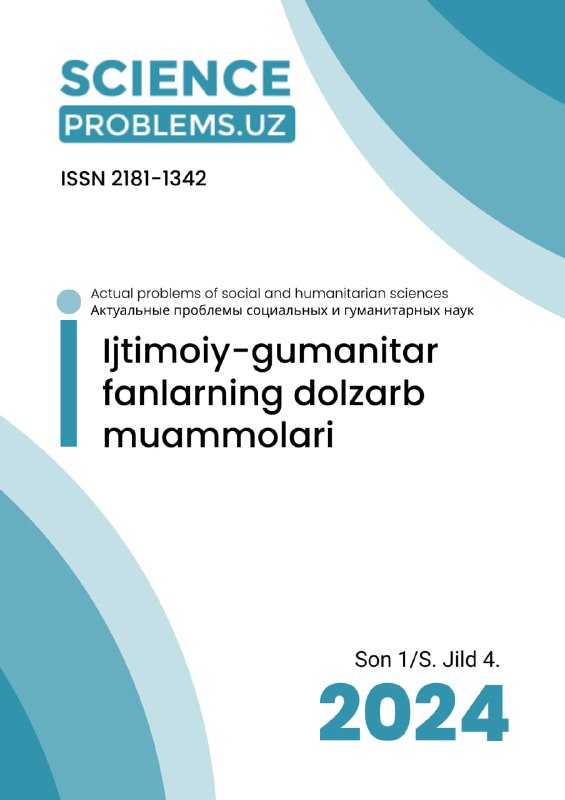AN ANALYSIS OF THE MYTHICAL PATTERNS IN ULYSSES FROM THE PERSPECTIVE OF ARCHETYPE THEORY
DOI:
https://doi.org/10.47390/SPR1342V4SI1Y2024N22Keywords:
myth, archetypal criticism, Joyce, Ulysses, spirit of explorationAbstract
As one of the important creative themes of modern literature, mythology is constantly reiterated in the writings of modern writers. Through retelling, we can travel through the time tunnel and feel the poetic wisdom of our ancestors. The inherent characteristic of myth is symbolism, and at the same time, it has strong metaphor and inclusiveness, which has opened up an almost infinite space of meaning for modern writers. Mythology provides rich prototype resources for the plot structure framework of narrative works, and expresses the writer's unique creative perspective and aesthetic awareness. James Joyce was an outstanding modern novelist in the West in the 20th century, and he created unique mythological novels. Ulysses adopts the mythological prototype structure and uses the theme of the ancient hero Odysseus returning home, echoing the deep meaning of modern people's search for a spiritual home. This paper uses the theory of myth-prototype criticism and combines the theory of collective unconsciousness to explore the creation mode of Ulysses from the perspective of mythic archetype criticism, to explain how ancient myths and modern writers have a spiritual fit, and to further feel the uniqueness of Joyce's novels. Some artistic charm and the practical significance brought by Ulysses. Our era needs the spirit of exploration and courage left over from the early days of human society, and the connotation of archetypal criticism has positive ideological value to this day.
References
(US) D. Lodge: Modes of Modern Writing (London 1979), p 99.
Agwonorobo Enaeme Erurbetine.Intellectualized And the Art of James Joyce [M] .New york:Exposition Press, 1980:72-74.
Wifred L.Guerin&E.G.Labor,A Handbook of Critical Approaches to Literature,Harper&Row,1966,p115.
(United States) Weber Scott: "Five Models of Western Literary and Art Criticism" Chinese translation, Chongqing Publishing House, 1983 edition.
Encyclopedia of World Literature in the 20th Century(Frederick Ungar Publishing Co.1975)Vol.2,p288.
Jung. The concept of the collective unconscious, compiled by Feng Chuan. Jung's Anthology, Volume 8. Beijing: Reform Press, 1997.
Frye,The Archetypes of Literature,in D˙Lodge ed.,20th Century Literary Criticism(Long-man,1972),p429.
Aristotle. Poetics and Poetry Chinese Translation, People's Literature Publishing House, 1962, p12-13.
T.S.Eliot.James Joyce :Two Decades of Criticism[M]. Seon Givens ed.Vanguard, 1948, 1963:198-202.
Hu Suxiao . Collective Unconsciousness - Archetype - Mythic Motif [J]. Literary Review, 1989, (3): 133-140.
Mai Yongwei. The hero code and its deconstruction—Analysis of the three main heroic images of Homer's epics [J]. Foreign Literature Research, 1997, (3): 17-18.
Elliott. Ulysses: Order and Myth. International Culture Publishing Company, 1989.
Liu Yan. "Ulysses" as a Modern Myth, Foreign Literature Studies, cited in the first issue of 1998 (US) Wilfred L Gurling et al: "The Handbook of Literary Criticism Methods", Spring Breeze Literature and Art Press, 1988, p214.
(Russian) E˙M˙Merejinsky: "Hayka", translated by Wei Qingzheng, Commercial Press, 1990, p3.








